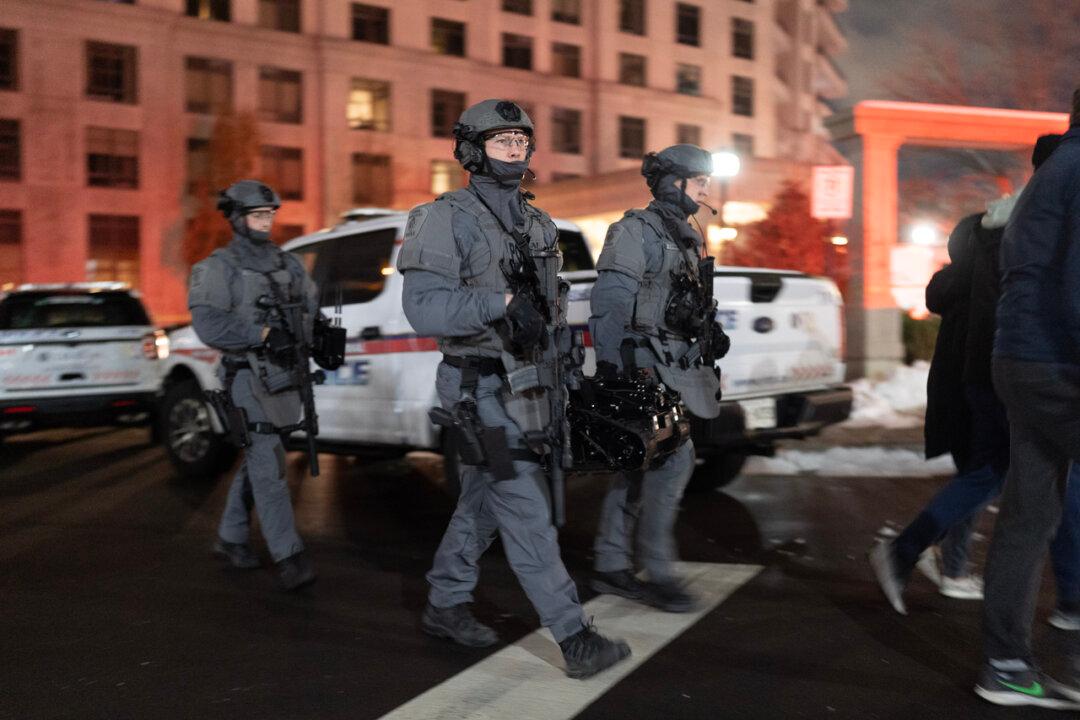Some are not impressed with Canada’s new justice minister appearing to downplay concerns about crime rates.
On July 31, Arif Virani, MP for Toronto’s Parkdale-High Park riding who was appointed justice minister in last week’s cabinet shuffle, was quoted in a story by Reuters saying it is unlikely Canadians are more at risk from crime.





